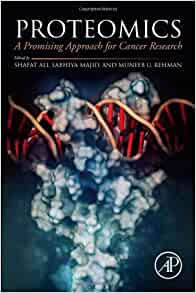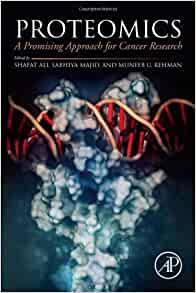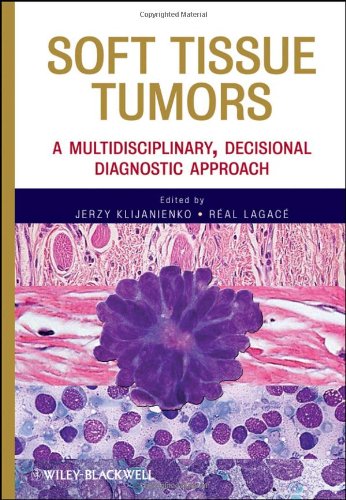-78%
The Revolutionary Impact of Proteomics in Unraveling Cancer Complexity
By Delving into the intricate molecular tapestry of cancer, proteomics offers a comprehensive lens through which scientists can decipher the enigmatic mechanisms underlying this formidable disease. Its transformative power extends to illuminating novel therapeutic avenues, revolutionizing surgical interventions, and empowering personalized medicine.
Unveiling Cancer Biology and Drug Discovery
Through the meticulous examination of cellular proteins, proteomics empowers researchers with unparalleled insights into the intricate interplay of biological pathways that govern cancer development and progression. This knowledge serves as a foundation for designing targeted therapies that effectively combat the disease at its molecular roots.
Guiding Surgical Precision
Precision surgery, driven by proteomics-guided insights, enables surgeons to make informed decisions during complex procedures. By identifying and characterizing specific protein biomarkers, proteomics empowers surgeons to accurately delineate tumor margins, minimize tissue damage, and ensure optimal patient outcomes.
Harnessing Mass Spectrometry
Mass spectrometry, a cornerstone of proteomics, provides a highly sensitive and precise platform for dissecting the proteome. Its capabilities extend to quantifying protein expression levels, identifying post-translational modifications, and characterizing protein complexes, offering an in-depth understanding of cellular processes.
Targeted Proteomics: A Molecular Spotlight
Targeted proteomics focuses on specific proteins or protein families, leveraging advanced techniques to interrogate their expression, localization, and interactions. This targeted approach expedites the identification of key biomarkers associated with cancer progression, paving the way for personalized patient management.
Single-Cell Proteomics: Unraveling Heterogeneity
Single-cell proteomics delves into the molecular heterogeneity within tumors, unmasking the unique characteristics of individual cells. By profiling protein expression patterns at the single-cell level, researchers gain a comprehensive understanding of tumor evolution, drug resistance mechanisms, and potential therapeutic targets.
Next-Generation Proteomics: Embracing Innovation
The advent of next-generation sequencing technologies has revolutionized proteomics, enabling the interrogation of proteomes at unprecedented depth and scale. This innovative approach unveils novel protein isoforms, identifies protein-protein interactions, and provides a holistic view of the protein landscape.
Proteomics and Phosphor-Proteomics in Precision Medicine
Precision medicine, driven by proteomics and phosphor-proteomics, tailors treatment strategies to individual patient profiles. By analyzing specific protein signatures and phosphorylation events, clinicians can identify molecular vulnerabilities, predict treatment responses, and optimize therapeutic interventions to maximize patient outcomes.
Translating Research into Clinical Practice
Translational proteomics bridges the gap between fundamental research and clinical applications, transforming scientific discoveries into tangible benefits for patients. Through collaborative efforts between researchers and clinicians, proteomics-based tools and assays are being developed to support disease diagnosis, prognosis, and treatment monitoring.
Challenges and Future Developments
While proteomics has made significant strides, challenges remain in data analysis, standardization, and the incorporation of proteomics data into clinical decision-making. Overcoming these hurdles will pave the way for further advancements, enabling proteomics to fully realize its potential in transforming cancer care.










Reviews
Clear filtersThere are no reviews yet.